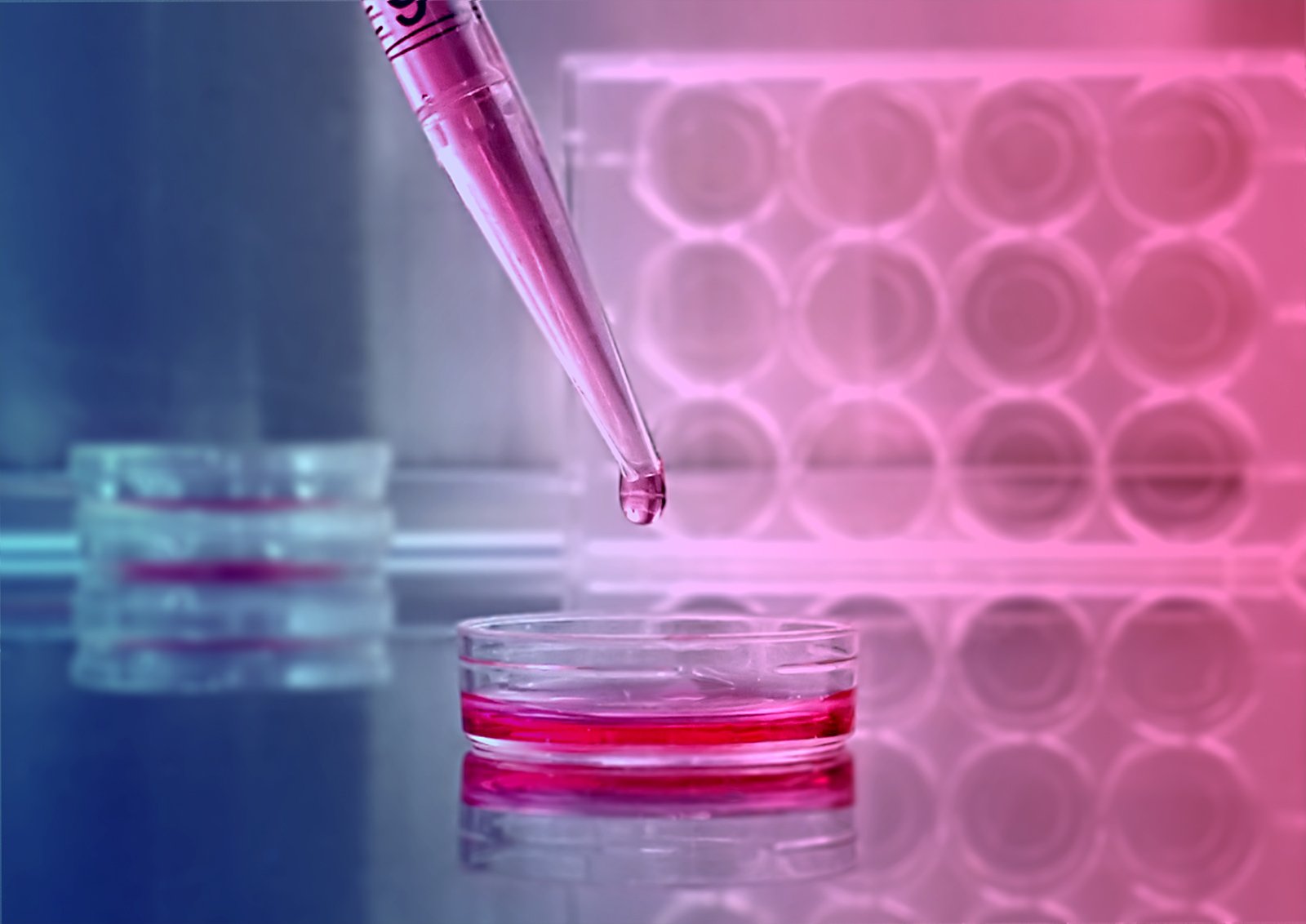
Courtesy- Mat Tek
Scientists at Kyoto University have successfully used reprogrammed stem cells to restore functioning brain cells in monkeys, raising hopes the technique could be used in future to help patients with Parkinson’s disease.
Since Parkinson’s is caused by the loss of cells that produce dopamine, researchers have long hoped to use stem cells to restore normal production of the neurotransmitter.
Now, for the first time, Japanese researchers have shown that human induced pluripotent stem cells (iPS) can be administered safely and effectively to treat primates with symptoms of the debilitating disease.
So-called iPS cells are made by removing mature cells from an individual, often from the skin, and reprogramming them to behave like embryonic stem cells. They can then be coaxed into dopamine-producing brain cells.
In addition to boosting dopamine production, the tests showed improved movement in affected monkeys and no tumors in their brains for at least two years.
The next step will be to test the treatment in a first-in-human clinical trial, which is hoped to start by the end of 2018.




